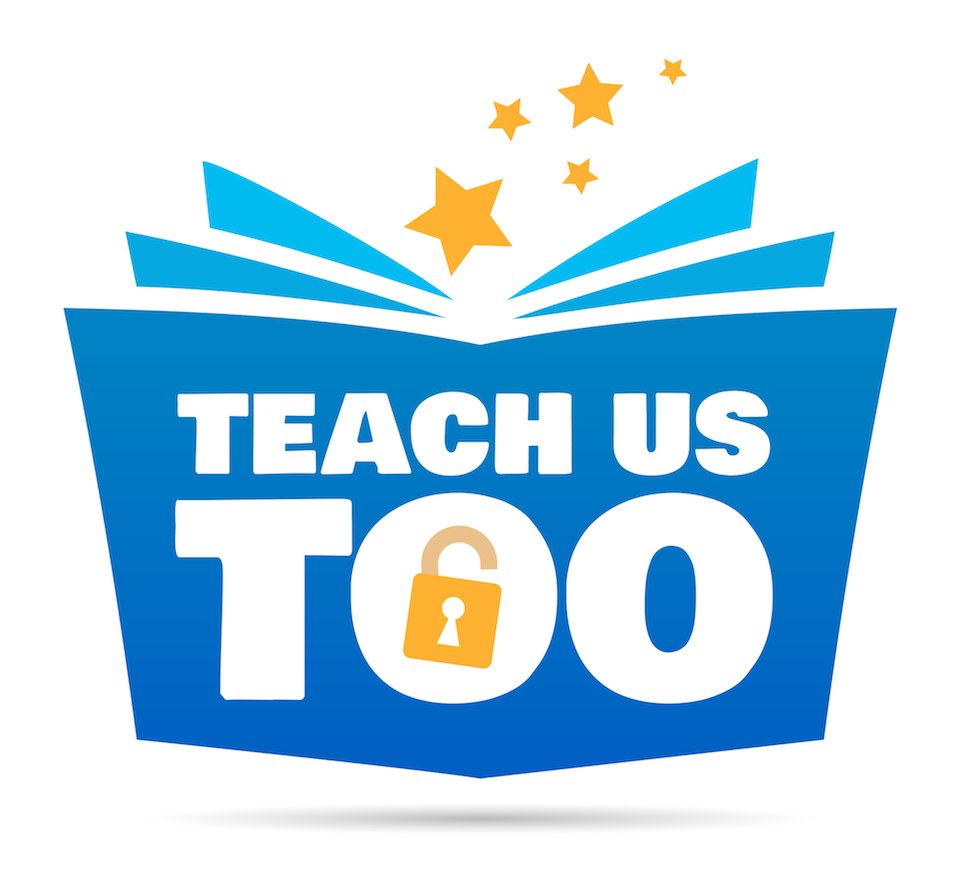Helen
I gained classroom experience as a primary school teacher before becoming an Educational Psychologist. I now work as a senior Educational and Child Psychologist in Wales. I support children in schools, identifying any additional needs they may have, and working with members of staff and parents to meet these needs and maximise their learning opportunities. This role can sometimes involve providing whole school training, attending individual progress meetings, and working closely with health and social care professionals. I support a primary autism unit and a secondary provision for severe learning difficulties, and I also work with a school for children and young people who have severe or profound and multiple learning difficulties.
I spent two years on secondment to the Welsh Government in a project management and advisory role for the reform of the present statutory system, which will see the replacement of statements of special educational needs in Wales with individual development plans (IDP). Adopting a person-centred approach is fundamental to the IDP process, with the child or young person’s voice at the centre! They know what they want to say, and however difficult it is in terms of age or communication, we should make every effort to hear their voices!
I think this realisation has had the most profound impact on my rationale over the last few years. As I was developing training for parents and professionals on autism awareness, I came across powerful stories of young people whom professionals had assumed had low cognitive ability because they were unable to speak. How wrong they were! With the support of their visionary parents and like-minded professionals, these young people were able to break down barriers and tell their amazing stories, providing us with the most astounding insight into their world. For me, the prevailing message from these young people was – Do not assume! Being unable to speak does not mean being unable to think, and we should never lower our expectations.
During a visit to a special school last summer, a newspaper article was brought to my attention by one of the teaching assistants. It featured Jonathan’s story. I was immediately moved by what I read. I then watched the incredibly poignant CBBC My Life: Locked in Boy, which documented Jonathan’s journey. I was inspired to share the link with all the educational and child psychologists in my team, with a head teacher friend (who shared it with her Year 6 children) and with my son who is a primary school teacher in Bath. I then emailed Jonathan through his Eye Can Talk blog. He replied and put me in touch with his teacher, Sarah Giles, who kindly agreed to meet with me to discuss her approach in supporting Jonathan, to develop his communication and literacy skills. I was pleased to find out we had a lot in common in terms of our vision for educational inclusion, and that I had a lot to learn!
I explained to Sarah that I was aware of a little boy in our special school whom members of staff felt would benefit from a similar approach, and was delighted when Sarah visited the school at the end of the summer term to meet with staff members and pupils and to share her experiences. I have been immensely enthused and humbled by Jonathan’s story, and of the special people around him. His determination to bring literacy, communication and ultimately awakening to the lives of so many people has inspired me to challenge my own practice. It’s vital to make every effort to uncover a child or young person’s voice and to never assume or underestimate what every person is capable of. It is every child’s right to have access to an education which meets their particular, individual needs.
I share Jonathan’s story with others at every opportunity. I am hoping to continue to link closely with Sarah and the Teach us Too charity to support the development of an effective literacy programme – to ensure every child has a voice.

